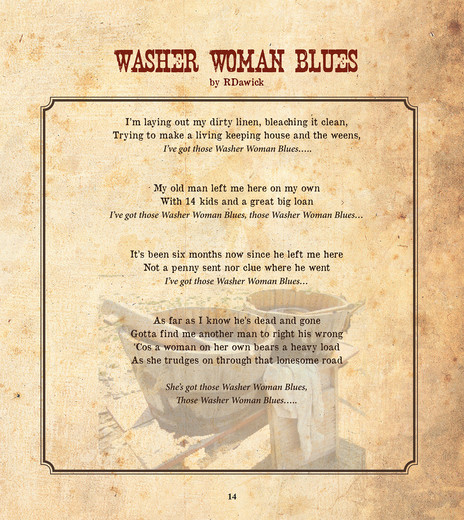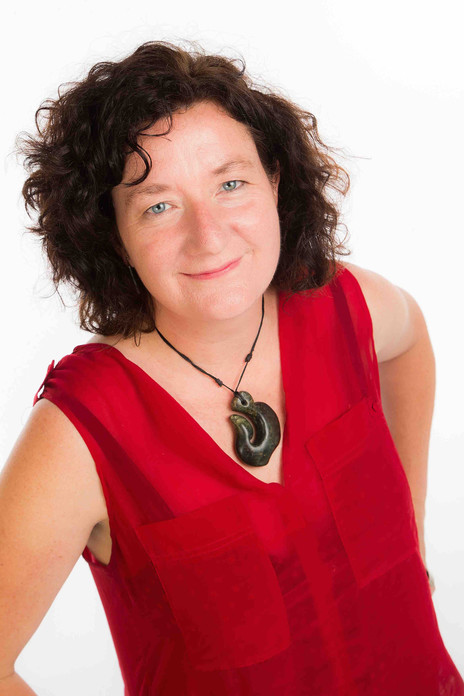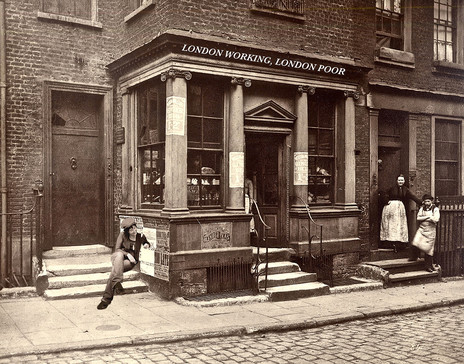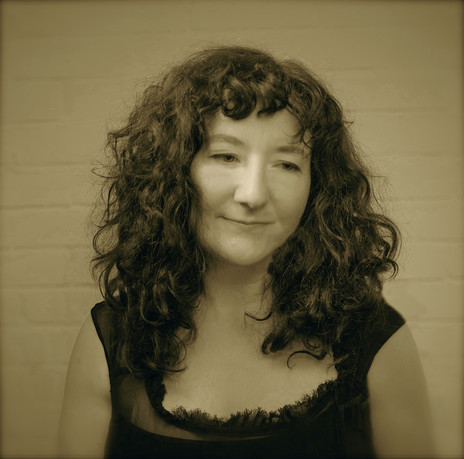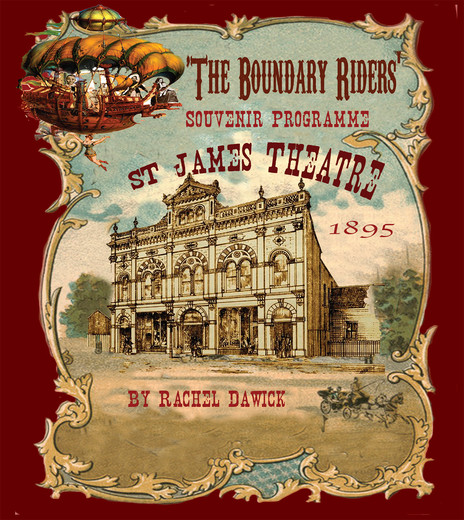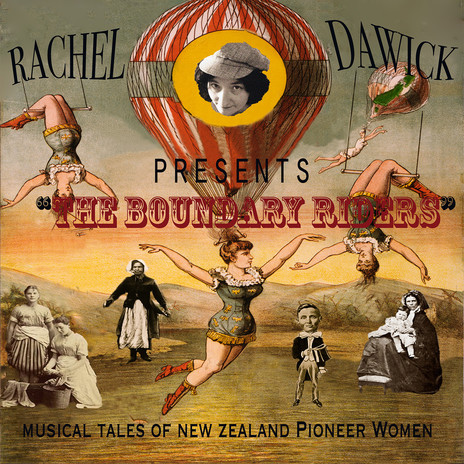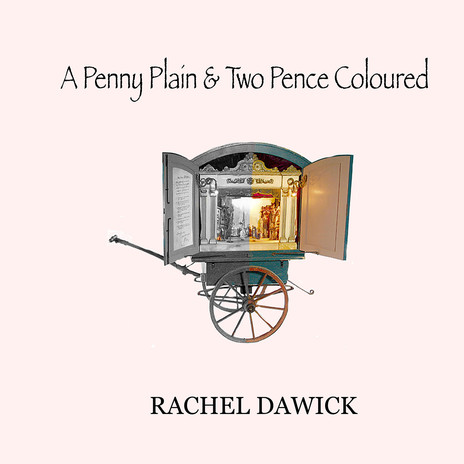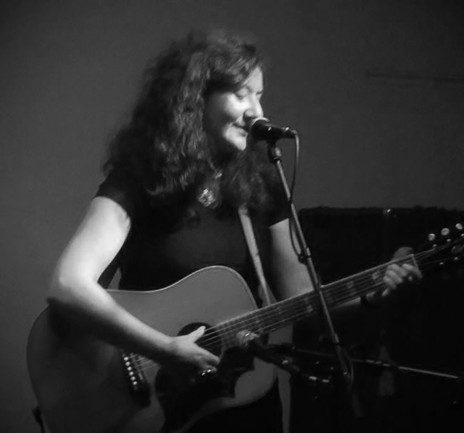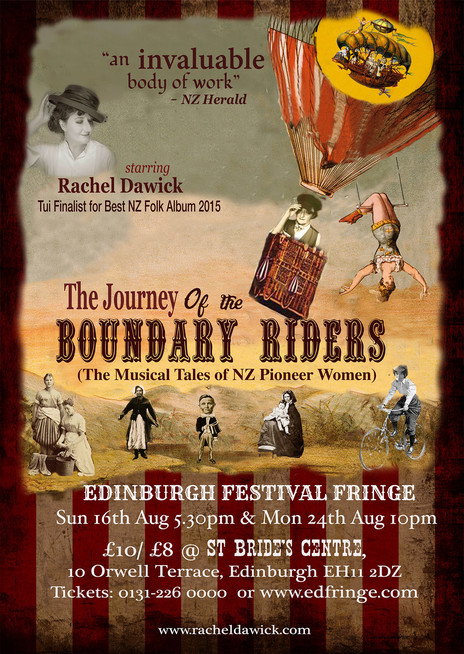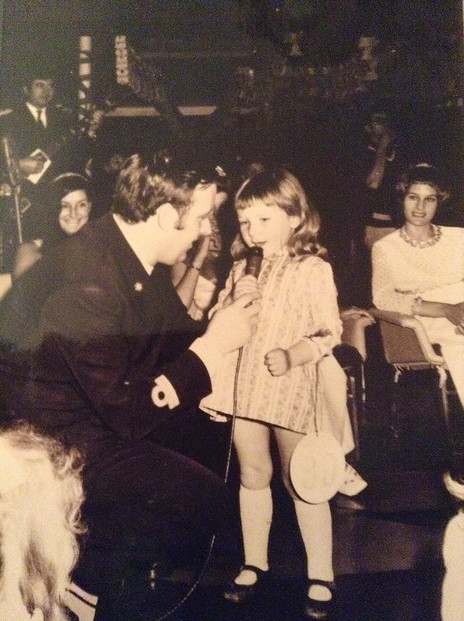Her performances transport audiences back into the post-colonial era through these characters’ hardships and experiences. Her 52-page Victoriana-styled programme-book contains song lyrics, the women’s stories and more of Rachel’s research, as well as a CD of the show. The CD was recorded in Katikati by engineer/singer-songwriter Paul Hoggard.
“He was excellent. We did it like a live album – brought everyone in, recorded three takes of each song and chose the best version. The whole thing was done in two days. For me, the sense of getting up as if you were walking into a theatre and seeing a live performance was fundamental to the album,” she says.
Although recorded with a band, Boundary Riders can also be staged as a one-person performance, which is how Rachel planned it. On its completion in 2014 after some five years’ work, she toured the show and songs, especially to those communities from which the stories emerged.
“I had a few national tours from folk clubs to acoustic venues like the West Coast’s infamous Barrytown Settlers Hall … to the Oamaru Victorian Festival, schools, museums and libraries. I also did the International Fringe Festival in Wellington and the Edinburgh Fringe Festival.”
The songs and this presentation package speak a lot about who she is, what she does and her approach to creativity. It also provides hints of further directions.
‘The Boundary Riders’ tells the stories of six pioneering women with colourful lives
These include two albums and a substantial book from research collected by Australian author Dr Mark St Leon for his book, The History of the Australian Circus. He uncovered information on Australian and New Zealand women in the travelling circus troupes of the 1800s and when Rachel met him and gave him the Boundary Riders book, he suggested she should write about these women.
One of her planned albums is another musical-theatre piece called A Penny Plain & Two Pence Coloured. It is set in 1840s London and is based on interviews conducted by the Victorian journalist and co-founder of Punch, Henry Mayhew, and later compiled into the book, London Labour and the London Poor. Her other album is Gold Pan Alley, about the travelling troupes of the gold-rush era.
Rachel Dawick has been busking and singing around folk clubs and assorted venues in New Zealand and Britain for the last 20 years or more.
“I started in Christchurch in 2001 when I was living here. Through mutual friends I met Susan Grant and Marise Grant, and we formed a little band called Ruby Blue. Over a couple of years we played at the Harbour Light in Lyttelton [destroyed in the 2011 earthquake], a couple of folk festivals, and the Christchurch Folk Club. Towards the end of that time I started writing my own songs and returned to England to develop my songwriting skills.”
Rachel was born in Palmerston North to an English mother and New Zealand father, and since childhood has been sharing her time between New Zealand and Britain.
“We went to the UK every six years and lived there for a year each time – Dad was on sabbatical from Massey University where he lectured in English and drama. I lived there when I was two, 10, 16 and again after I did my post-graduate English literature degree from Victoria University.”
The research and self-expression elements of her two degrees in English and music feed into her creative and working lives. She taught English and drama in private English secondary schools for five years and was an arts educator for 15, including two years as a teacher-trainer in Nepal for VSO (Volunteer Service Overseas) which, she says, “offered me a completely new way of living”. She intends to complete her teaching qualification and resume teaching while developing her music projects into full musicals for schools and beyond.
“I was in a small village first in the east of Nepal where I lived above five goats in two rooms, one to sleep in and one to cook in. I worked alongside a local teacher for one year to help with the new English curriculum, which was funded by the British government. The second year I worked for the Ministry of Education in Kathmandu and travelled around Nepal running one-month teacher-training courses. It was the best thing I have done in my life. It gave me a way of seeing the world through different eyes and has had a huge impact on me.”
Rachel took up the VSO challenge to break the regimentation of long years in school, university, and UK teaching. “I could stay in that world for the rest of my life, or go and see what lay outside it. I’ve always believed the world has riches beyond money, and culture and learning about how others live is part of that.”
Music has always been a constant thread in her life. Her first public performance was as a toddler in a shipboard competition on the way to England. In Palmerston North she led the singing in her intermediate school’s Māori Club concerts. She also dabbled in drums, violin and trombone, and at 11 sang David Bowie’s ‘Space Oddity’ in the school assembly with her guitar. (“I was so nervous I didn’t realise the microphone wasn’t working until I was told after I finished.”)
She had taken up guitar after being put off piano lessons. “I hated the lessons. This horrible nun would drop the keyboard cover on my hands whenever I made a mistake. The convent burned down in Palmy while I was away in the UK and I thought that was divine intervention. I never picked up the piano again.”
When the convent where she unhappily learnt piano later burnt down, Dawick thought it “divine intervention”
She later had opera singing lessons in Auckland and it was suggested that she pursue that as a career, but she found the idea overwhelming. Instead, she stopped singing altogether for several years until she was gifted a summer course in jazz singing at the Guildhall School of Music and Drama by a company she worked for in London.
Her time at jazz school brought her back to music and to New Zealand. After some years of learning new repertoire in a range of genres she began writing her own material. Her songs moved from contemporary folk in her first album, Journeys (released in the UK in 2003 at the Kirkcaldy Folk Club in Fife, Scotland), to country blues in her album Ed’s Bar and Grill, released in 2009 at the Edinburgh Fringe Festival.
“I had been in Scotland for almost five years and discovered that the Scots are really into Americana music, so I came out of Celtic Scotland not with a traditional album, but with an Americana-styled country-blues one.”
Scotland provided the germ of inspiration behind Boundary Riders. It was there that she first heard about the washerwomen of Glasgow Green and “… wondered where our [New Zealand] women’s stories were”.
For several centuries Glasgow women have used and are still legally able to use the Glasgow Green park to hang out their clothes to dry on the public lines or spread them on the grass. As they chatted or shared news and gossip, these women were witnesses to history unfolding before them, from protests and massacres to riots, festivals, sporting contests and the rise of the Suffragettes.
Rachel was fascinated by these stories and felt compelled to return home to seek out comparable stories here. Once she had the songs and bones of the show, she recorded a tour-only 2013 album, Dirty Linen, which included some of the new songs, and used it as an aural taste-tester as she travelled around performing and inviting conversation with the locals.
Dawick conjures up 3D images of characters, and the songs and attitude for each woman emerge
Before writing, Rachel conjures up a 3D image of her character, and the songs and attitude for each woman emerge from this image. Her voice is true and controlled, by turns soft, playful or commanding, depending on the person characterised. Her drama-teaching experience enables her to deliver each person as “… a scene from a movie, a moment trapped in time and brought to life …”.
As a self-managed and mostly self-funded artist in a smallish market, her sales are slow and steady but impressive.
“All told I have sold over 2000 copies of the show book and about double that of the double CD [of the songs alone]. I have sold the albums in my concerts and also while busking in York and Te Anau. German tourists especially love the stories.”
Boundary Riders was launched at the Auckland Central Library on 19 September 2014, the anniversary of the day in 1893 New Zealand women became the first in the world with the right to vote. Her journey had been captured over its four years from a series of RNZ interviews. The first was in 2011 on the Music 101 programme hosted by Kirsten Johnstone, when she began collecting the women’s stories, to her sixth RNZ interview with Kim Hill on her Saturday morning show.
The Tui Award nomination lifted her profile and in 2016 Rachel was one of 40 out of 200 applicants – and the only New Zealander – selected to perform at the UK’s inaugural BEAM Musical Theatre festival. She showcased Boundary Riders and afterwards was accepted onto London’s Book Music Lyric (BML) programme, to continue developing her skills in musical-theatre writing.
Rachel intends returning to Britain to take up a two-year PGCE teaching certification course. After this she plans to embark on a six-month international tour to release the next two albums.
“I will tour the albums from July 2020, first in the UK and then New Zealand, Australia, Canada and Europe – something I have wanted to do for a long time.”
Rachel feels split between her two long-term bases and longs to put her feet down here long enough to learn te reo and Māori instrument-making; to sink into the stories and music of this land. “That is what will give me grounding for future projects and the voice that I hear inside.”
She has no children of her own but considers her creative works and her international pupils as her children and wants to pass on all she knows, “… working with kids to support their way in life through the arts”.
“I have seen a lot of things and it feels important to share these with others who may not have had the same opportunities/experiences. … The key is to have a story to tell and a desire for people to hear that story, because it feels important. That is always at the heart of my work now.”
